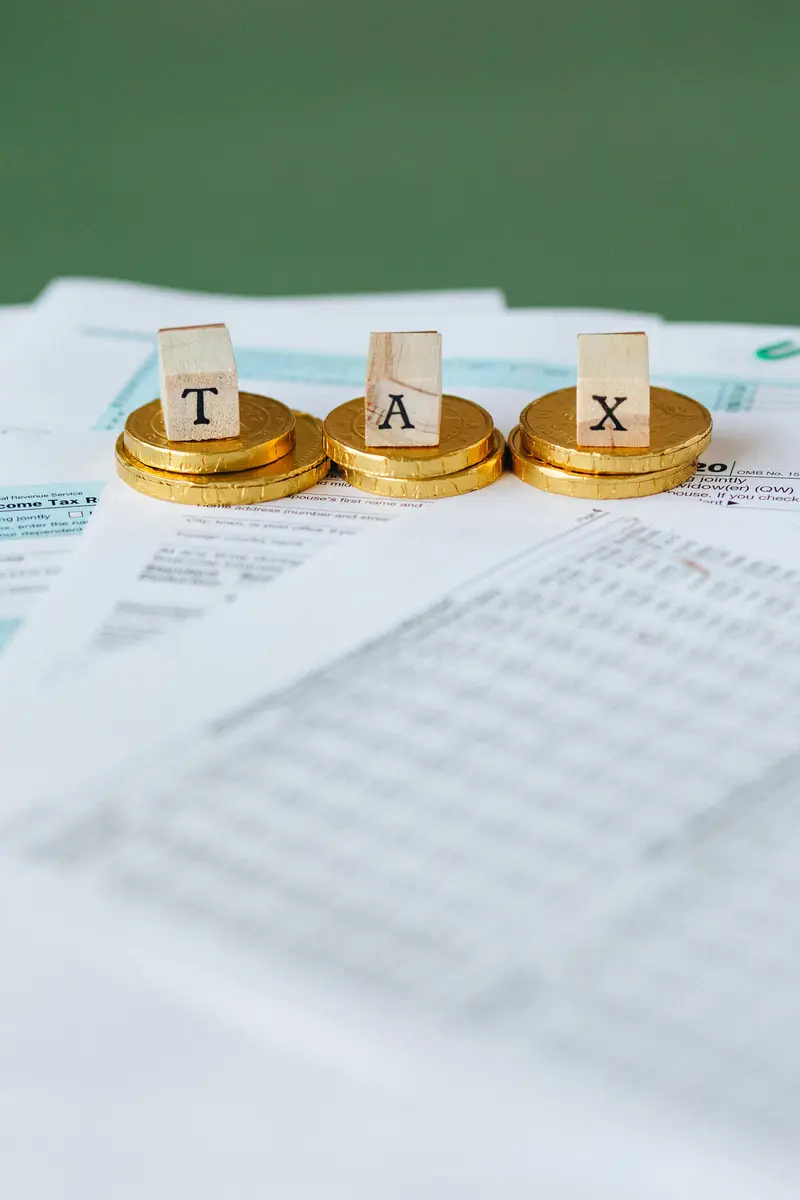This new tax year starting on 6 April brings a range of changes that could affect your financial planning.
The start of the new tax year will see many allowances and tax bands frozen once again. In reality these freezes are tax increases as the government has effectively allowed inflation to determine how much greater a proportion of your income and estate should pass to the Treasury. Had the allowances and bands all been increased in line with inflation, then they would be rising by 6.7% for 2024/25, using the standard yardstick of the Consumer Price Index (CPI) inflation to the previous September.
However, not all elements of the tax system are frozen:
- The dividend allowance will halve again to just £500, a tenth of the level at which it started life in 2016/17.
- The capital gains tax (CGT) annual exemption will also halve, to £3,000, the same level as in 1981/82.
- If you are self-employed, you will pay income tax on the profits you make in the tax year rather than across your financial year. You may also be paying an element of extra income tax because of the spreading of profits in the 2023/24 transitional year.
- The pensions lifetime allowance (£1,073,100 generally) will disappear from 6 April 2024. However, you could be forgiven for thinking it has continued because of new restrictions on tax-free lump sum payments. In any case, the Labour Party said in 2023 that it would reinstate the lifetime allowance if it forms the new government.
- If you live in Scotland, some of your income tax bands will widen, but others will shrink. You will also gain a sixth income tax band, the 45% advanced rate band, covering non-savings, non-dividend taxable income between £62,430 and £125,140. Above that figure, the top rate will rise to 48%.
Tax planning is often focused on the end of the tax year, however, there is a case to be made for ‘year beginning planning’. For example, you may be able to save tax over the year by rearranging ownership of investments with your spouse or civil partner in April. Similarly, if you place funds in an Individual Savings Account (ISA) or a pension at the start of the tax year, you will avoid having to consider any income or CGT on that element of your investments for the rest of 2024/25.





